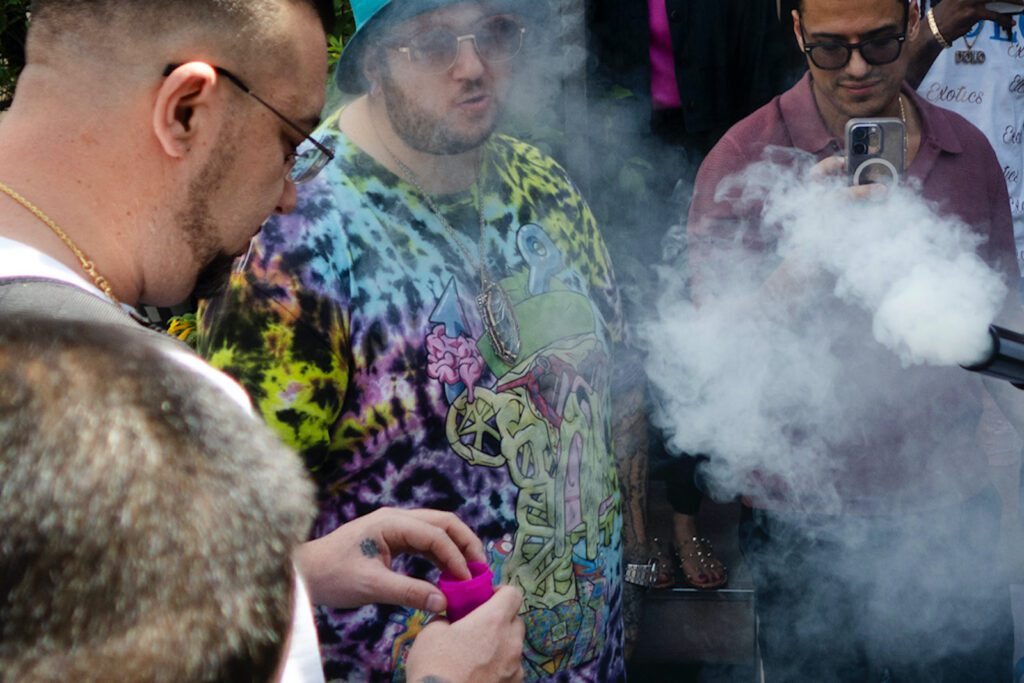BANGKOK – Following two years of decriminalization under a military-led government, Thailand’s Prime Minister Srettha Thavisin has announced a significant policy reversal regarding cannabis. This shift will see recreational cannabis banned starting December 2023, leading to the closure of thousands of licensed dispensaries and potential penalties for violators, unless the usage is strictly for medical purposes.
Political Implications of Cannabis Regulation
This abrupt change poses a threat to the stability of the current coalition government, formed after the May 2023 elections, where Srettha’s Pheu Thai Party finished second. Although Pheu Thai has taken a firm anti-marijuana stance, some coalition members are advocating for a regulated approach to cannabis similar to alcohol or tobacco, with the hope of invigorating Thailand’s struggling economy.
Key Points:
- Opposition from Cannabis Stakeholders: Investors, farmers, and consumers are expressing outrage, emphasizing that reverting to illegal status would devastate a burgeoning multi-million dollar cannabis industry tailored to international tourists.
- Public Protests: On May 16, cannabis supporters staged small protests in front of the Health Ministry and at popular tourist spots, like Phuket. The Cannabis Future Network has vowed to continue rallying until the government presents scientific evidence that recreational cannabis is more detrimental to health than alcohol or tobacco.
Quote from Activist Prasitchai Nunual:
"Just search on the internet and you will find there has been no research which shows cannabis has a serious negative impact on mental health."
Historical Context of Cannabis in Thailand
Cannabis has long been seen as a traditional medicine in Thailand. In 2021, the former military government removed cannabis from the Narcotics Code, essentially easing restrictions that dated back to the 1935 Cannabis Act. Initially legalized for medical use, the laws expanded in 2022 to encompass recreational use as well.
Current Legal Framework:
- Legal for adults over 18 years old, provided they are not pregnant.
- Public smoking is subject to fines.
- There is an absence of financial penalties for possession.
Coalition Disagreements and Future Drafts
Amid varied perspectives within the coalition, two draft bills related to cannabis regulation are currently stagnating in Parliament, as Pheu Thai pushes for a new legislative draft to be agreed upon by December.
Concerns from Pheu Thai:
- Youth and Drug Culture: The party worries about cannabis potentially impairing the minds of teenagers who access it through informal online sources.
- Regulatory Needs: Pro-cannabis advocates call for stringent regulations to ensure safety standards, especially concerning contamination.
Editorial Perspectives and Criticism
Editorials from local publications have critiqued the government’s approach. The Bangkok Post suggested:
"Allowing recreational use with proper regulations, while enacting measures to protect non-cannabis users in public places, can be acceptable."
Critics also highlight potential issues with an increasingly medicalized view of cannabis, which might lead to unethical prescribing practices, where licensed doctors could provide prescriptions to anyone able to pay.
Market Dynamics and Investor Interest
The current ambiguous legal status has resulted in a fluctuating market, characterized by oversupply and low prices for cannabis products. High-tetrahydrocannabinol (THC) strains fluctuate between $2 to $25 per gram, creating a competitive landscape influenced by both local and foreign investors.
Investor Activity:
- U.S. and international investors are involved in establishing legal dispensaries in partnership with Thai entities, such as the upscale shop opened by Cookies, based in San Francisco.
Conclusion
As Thailand navigates this complex landscape of cannabis regulation, the upcoming months will be crucial in determining the future of both the cannabis industry and the coalition government. The clash between traditional views and modern economic needs continues to shape the dialogue on cannabis in Thailand, reflecting broader societal shifts.


